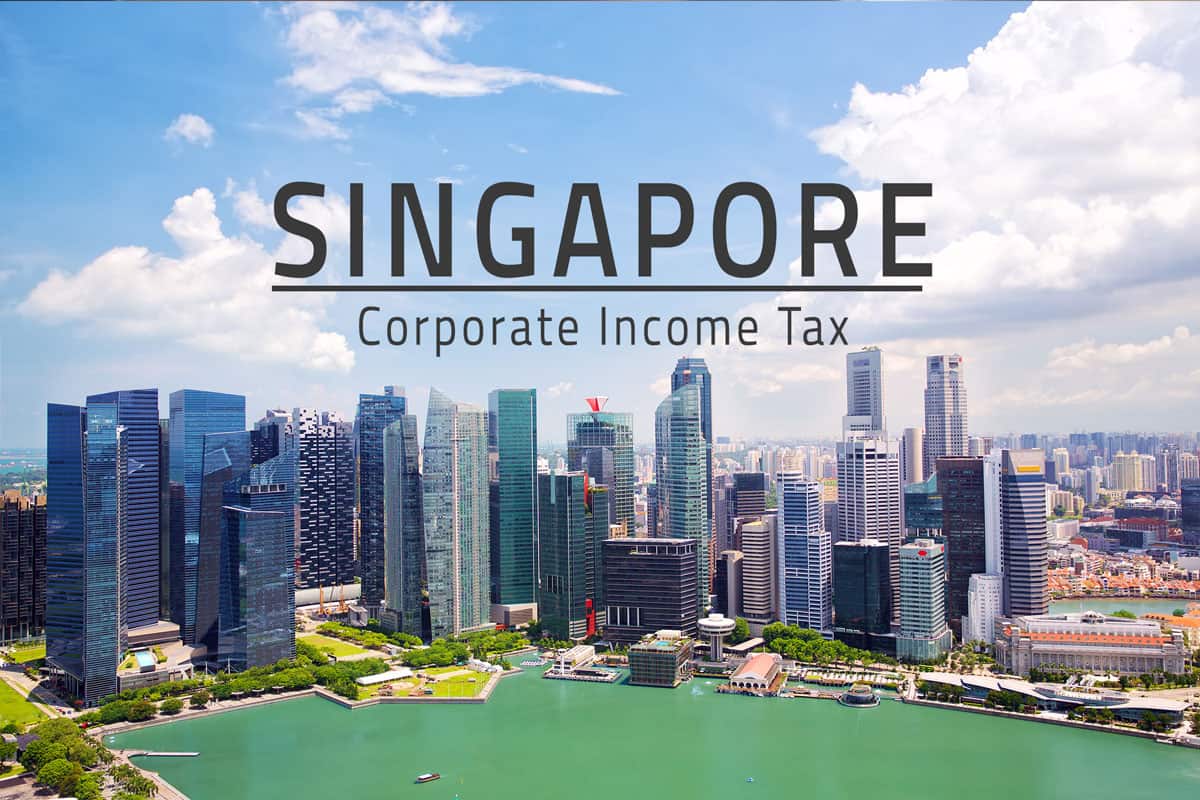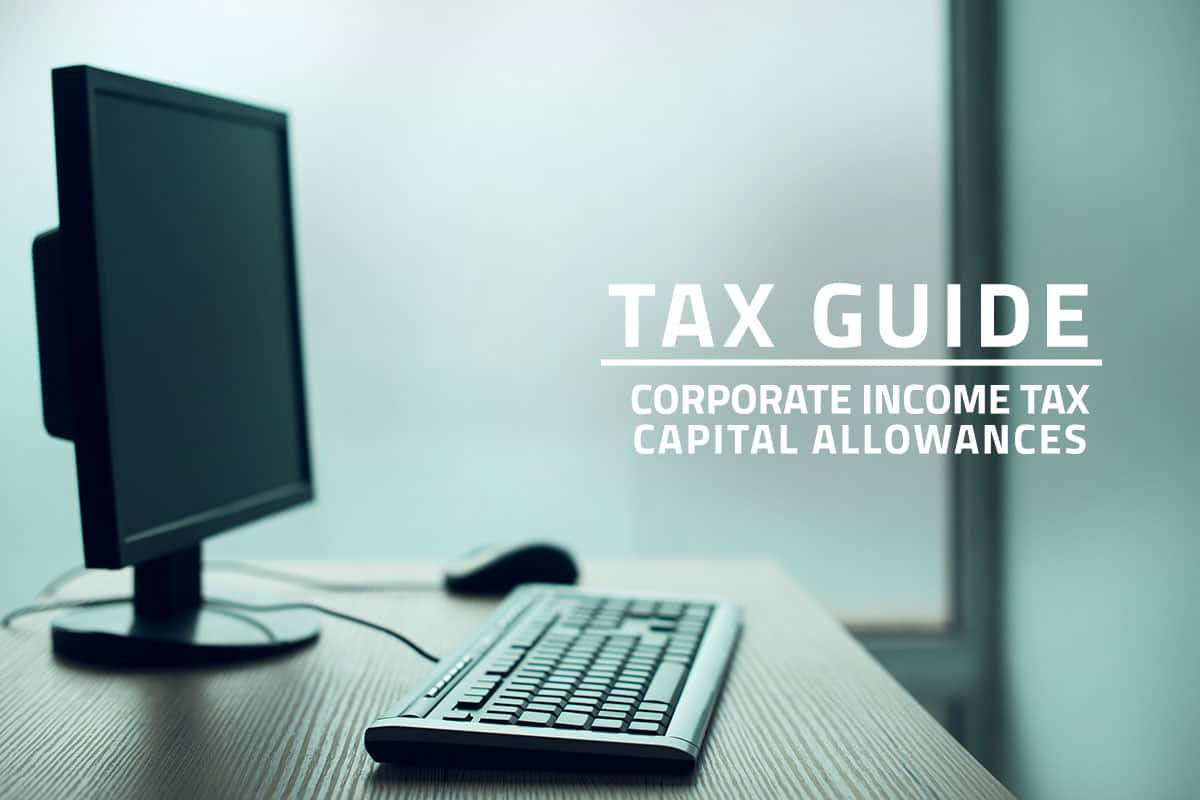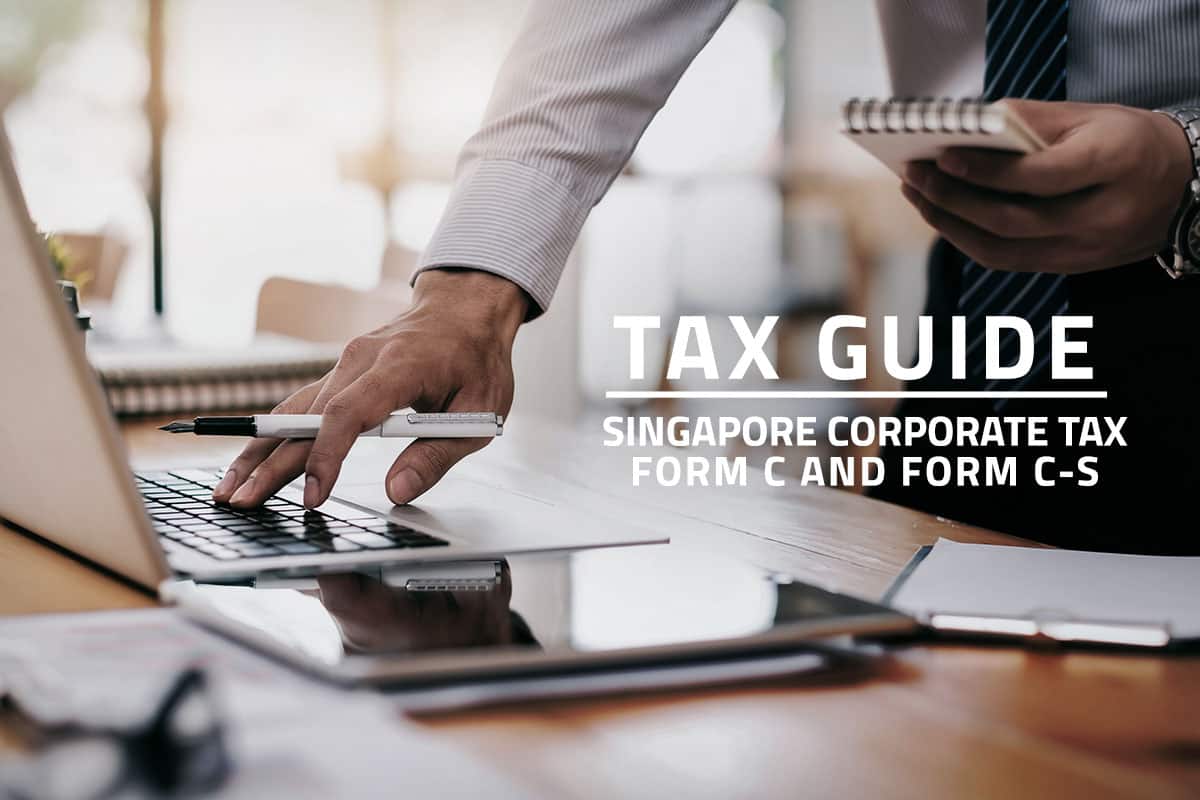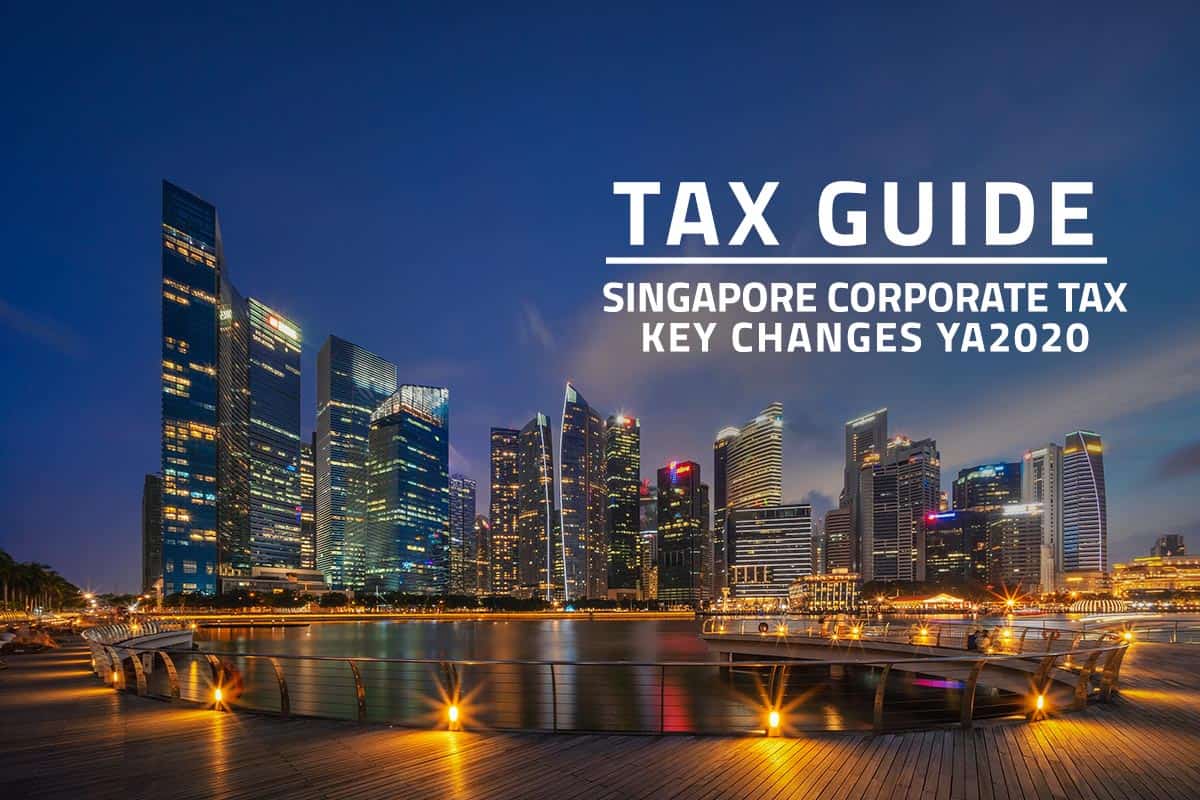
Companies are required to file annual income tax returns to the Inland Revenue Authority of Singapore (IRAS) and pay income tax at the prevailing Singapore corporate tax rate charged on chargeable income. Chargeable income is defined as the total taxable income less deductible expenses. The final IRAS tax rate will then be levied on the chargeable income which will work out the final tax amount payable to the tax authorities. Non-chargeable income, on the other hand, is the total non-taxable income less expenses. No tax is payable on this income amount.
Singapore follows a territorial basis of taxation. Companies are taxed mainly on Singapore locally sourced income. Foreign sourced income (for instance branch profits, dividends and service income) will be taxed when it is remitted into Singapore unless the income was already subjected to taxes in a foreign jurisdiction at tax rates of at least 15%.
Singapore Corporate Tax Rate
Singapore’s corporate tax rate is a flat 17%. In simple arithmetic terms, if a company’s taxable income is SGD 200,000 and its deductible expenses amount to SGD 180,000, its chargeable income would work out to be SGD 20,000. The tax payable before tax rebate would then be 17% x SGD 20,000 which comes up to SGD 3,400.
Singapore follows a single-tier corporate tax system, where the 17% tax paid by a company on its profits are deemed as final tax payable. Dividend declaration out of after-tax profits is non-taxable at the hands of shareholders. Moreover, capital gains and inheritance are also not taxable in Singapore.
Singapore corporate tax rate has been reduced gradually over the years in order to attract businesses and investors into the country. The table below details the corporate income tax rates for the last 20 years:
| Years of assessment | Income Tax Rate |
|---|---|
| YA1997 to YA2000 | 26% |
| YA2001 | 25.5% |
| YA2002 | 24.5% |
| YA2003-YA2004 | 22% |
| YA2005-YA2006 | 20% |
| YA2007-YA2009 | 18% |
| YA2010-Current YA2019 | 17% |
Singapore IRAS Tax incentives and schemes
Although the headline tax rate is at 17%, companies in actual cases pay a lower effective tax rate due to various tax incentives and schemes in place. For example, starting from YA2020, newly incorporated entities are granted tax exemptions for the first 3 consecutive years as follows:
- 75% exemption on first SGD 100,000 of normal chargeable income.
- Further 50% exemption of up to SGD 100,000 taxable income.
*figures indicated applicable as of YA2020
In YA2019, companies were granted 20% Corporate Income Tax rebate, which is capped at a maximum of SGD 100,000. For example, if the company’s tax payable after applying 17% headline tax rate works out to be SGD 1,000, the company can enjoy SGD200 tax rebate and the final tax payable will only be SGD 800.
Industry-specific and special purpose tax incentives are also in place to ease the tax liability of Singapore companies. These industries include fund management companies, global trading companies and shipping and maritime companies. For example, an approved Maritime Sector Incentive – Shipping-Related Support Services award holder is able to enjoy a concessionary tax rate of 10% on the incremental income derived from qualified shipping-related support services such as shipbroking or freight forwarding.
Consulting a qualified tax professional may be a good option for companies seeking to streamline corporate tax filing procedures. To ensure Singapore companies enjoy the maximum benefits of IRAS tax incentives and remain in full compliance with the local tax legislation, seeking a tax expert’s advice is recommended.
Related Posts
Tax Guide: Singapore Capital Allowances
By law, all Singapore Companies are required to file annual income tax returns to the…
Quick Guide: Singapore Corporate Tax Form C and C-S
Filing Singapore corporate tax returns for YA2020 will be a little bit different compared to…
Corporate Income Tax YA2020: Key Changes
Corporate tax filing season is kicking off in Singapore and accountants and companies should start…
Quick Guide: IAS 20 – Accounting for Government Grants
This year, the COVID-19 crisis has adversely impacted the global economy. Singapore is no exemption,…












